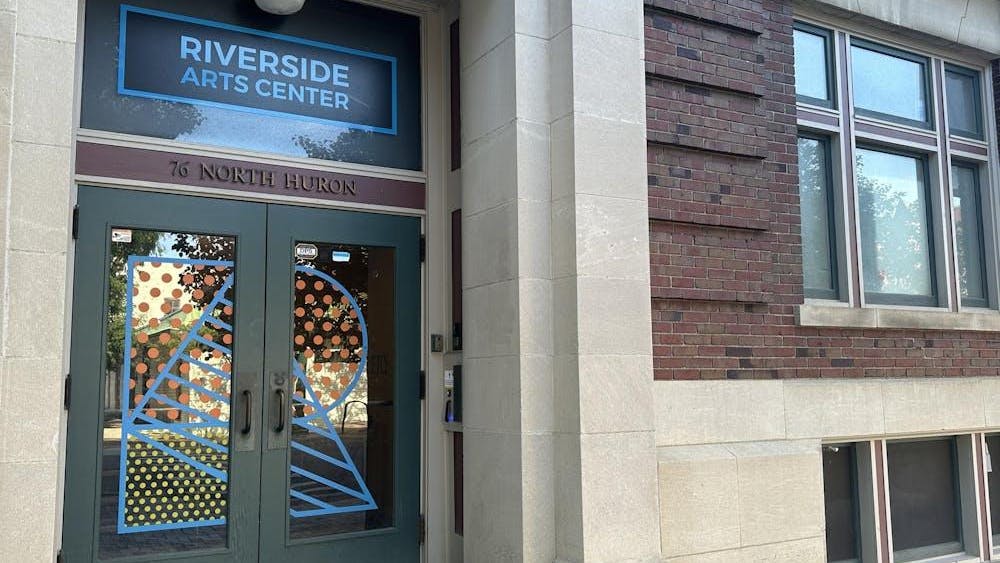"Raising Voices" was a series based on "Ni Una Mas," a Spanish novel by Miguel Sáez Carral. Released on Netflix and originally in Spanish audio, the show featured "My Fault," stars Nicole Wallace as Alma, Gabriel Guevara as Alberto, and "Through My Window" actress Clara Galle as Greta.
Synopsis
The show followed a 17-year-old girl named Alma who explores her voice of making a difference at her school regardless of the consequences. It is about sexual assault and toxicity that Alma and her friends Berta (Teresa De Mera) and Nata (Aicha Villaverde) experience. "Careful; Rapist is hiding here" is the sign that Alma hangs in front of her private school at the start of the show. The narrative effectively illustrates how women are not protected in their schools.
Highs
The most memorable aspect of the show is Nicole Wallace's performance, which flawlessly captures the essence of a young, troubled adolescent. Her character's emotional journey demonstrates her strength. Wallace does a fantastic job of capturing the growth of her character Alma. Her portrayal in this series was painful, and she played a difficult position.
Another highlight of this series was Clara Galle's portrayal of Greta, Alma's best friend, who was expertly acted. She was humorous and kind to Greta, which was wholesome. The show's high point was their friendship—they were each other's ride-or-die. No matter what happened, they stood by each other and accomplished everything together.
The show's plot was profound and tragic because of the experiences of these adolescent females. They start learning about drugs and sex; the environment is toxic, particularly in regards to Alma's private school. The show contains life lessons about things like how to avoid the wrong people, why using drugs isn't always a good idea, and how crucial mental health is. This complements Mara's performance in the role of Breta.
Teresa De Mara portrayed Breta, a student in Alma's school who was experiencing mental health issues. She is a woman full of emotional destruction, and Mara did a fantastic job portraying her. Pain was a visible representation of the struggles her character faced.
Alma's relationship with her parents is another highlight; initially it's difficult due to the problems she encounters. However, her relationship with her parents, in particular with her father, continues to deepen. It demonstrates how challenging adolescence may be, yet how parents can offer support.
The setting of the film was exactly as imagined it would be. The private school was filled with toxic, arrogant, wealthy students who teased other students for being different. Most of the scenes took place at Greta's house, and her room was an ideal match for her personality. Each character's attire in the show reflected their personality. For example, Greta's constant bright wardrobe contrasted with Alma's more tomboyish appearance.
Lows
The relationship between Alberto and Nata is one of the show's few low points. Nata's friend Alma did not like Alberto who was a toxic boyfriend who flaunted himself in front of his friends. Nata would occasionally fail to defend Alma while he would constantly call her derogatory names. Nata and Alma's friendship was never easy, and it appeared that Nata was constantly more interested in her toxic partner than her friends.
In certain instances, Nata failed to comprehend or acknowledge that her boyfriend inflicts more harm than good. These were terrible spots in the show since they demonstrated how girls would repeatedly forgive the guy. As the show's bully, Alberto was a troublesome character who especially undermined Alma. Although Guevara brilliantly portrayed the stuck-up wealthy kid act, it was easy to despise his persona.
Verdict
This show takes viewers on an emotional rollercoaster. This shows how sexual assault can affect one's mental health tremendously. It is a deep show that is worth the watch, and there are trigger warnings within the show. It is a show for a mature audience.
Rating: 8 out of 10.










